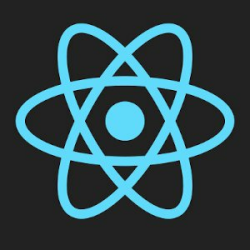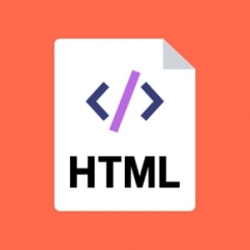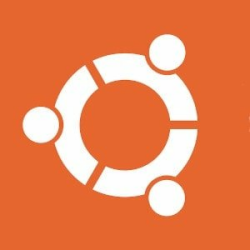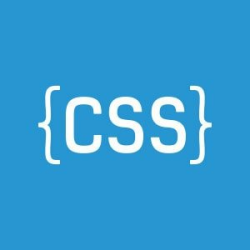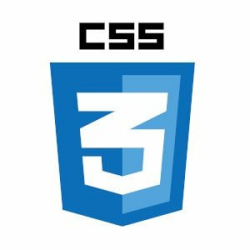Laravel vs Lumen
How to test total time taken in request - insert or fetch data of 100,000 records
Lumen
The subset of full-stack Web framework or the core of microframeworks, Lumen is tailored to develop smaller applications, one that is function-driven. The fact that Lumen is small – it is a faster learner and promotes higher speed.
Pros
- The fact that Lumen is the subset of Laravel, it can be easily upgraded to the same.
- Has a smaller learning curve and is easy to use
- Lumen is regarded as the fastest performing micro-framework of PHP.
Cons
- Mainly for smaller applications
- As Lumen is based on Laravel, it embeds the pitfalls too.
Laravel
An open-source PHP framework, Laravel owns the potential to build applications, irrespective of their features. Whether you are a small-sized organization or a big fat enterprise, solutions rendered by Laravel suits all. Laravel has an extensive set of libraries, feature-rich templates, and an inbuilt database migration system, all of that help developers reduce their coding time and enhance the overall efficiency.
Laravel Vs. Lumen
- Laravel is a full-stack Web framework that consists of several tools and an array of libraries supporting the development of best in class Web applications. On the other hand, Lumen is primarily a microframework based on the microservices. This is used to build smaller applications but with higher speed and lesser time to market. APIs form the primary example of applications developed using Lumen.
- Since Laravel is custom fit for almost all sorts of application development, it, at a time, requires extended tools and components to build a particular application. Laravel also mandates the need for separate configuration for different servers considering the requirement of a specific application. In opposition to this, the fact that Lumen is driven by microservices, it is apparently a lighter version of Laravel and dedicated towards the development of specified services such as APIs, templates, caching, logging, cookie development, etc.
- Laravel, being full-stack enables the integration of an array of other tools to enhance the feature set as provided by the same. Lumen, on the contrary, fails to extend much and has a restricted integration of tools and third-party components. As a matter of fact, Lumen based APIs can be used while developing applications, but you cannot integrate Laravel based projects within Lumen.
- Considering the fact that Laravel has an inbuilt database migration system, it can adequately handle the SQL queries and adopt the changes likewise. Also, Laravel works well when aligning the database functionality at the level of the developed application. This feature is not supported in the Lumen, and the overall performance drips as soon as there arises the need to juggle with SQL queries.
- When it comes to the ORM framework, it is Laravel that outstand Lumen. The framework is both eloquent and blade as the default engine template. For Lumen, no such feature exists, let alone the fact that it is derived from Laravel.
- Lumen is microservice-based, supports API development, and is easy to use. On the other hand, Laravel is an open-source, has a sleek architecture and supports dependency injection too.
- Laravel being a bigger one, mandates the need to learn and master the art, where the Lumen is easy to use and does not have a sharp learning curve.
Please login or create new account to participate in this conversation.





